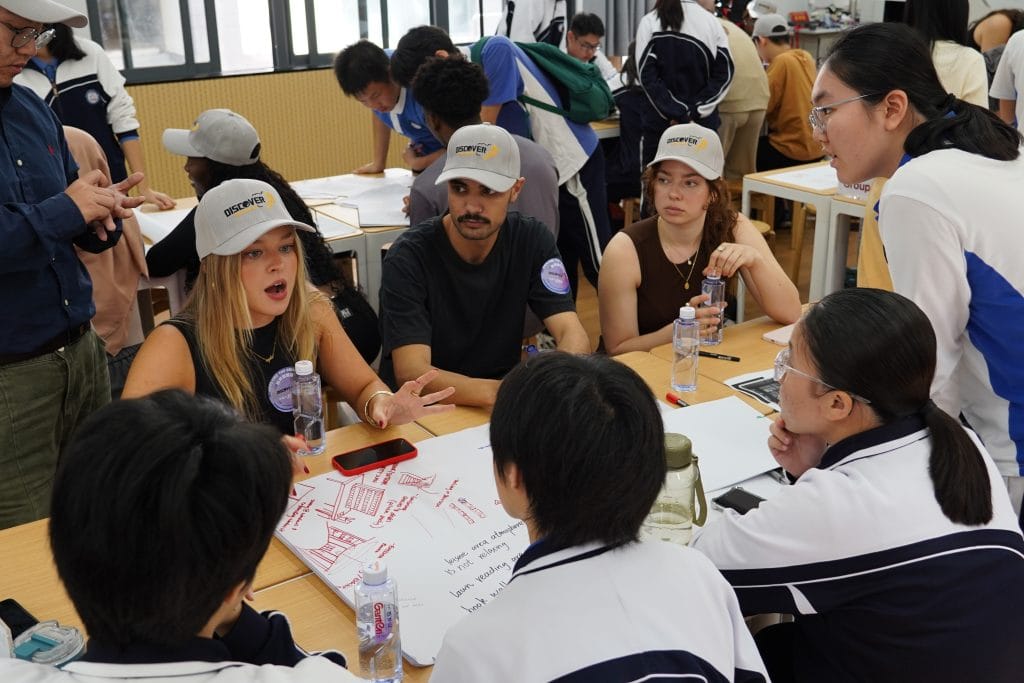On August 14th, the Chinese Embassy in Belgium and the Chinese Mission to the European Union held a farewell party for European students who will study in China in 2025 on the Chinese Government Scholarship. The atmosphere was lively, with over 200 students and guests participating both online and offline.
With the increasing frequency of international exchanges, studying abroad and study tours have become important ways for many students to broaden their horizons and gain knowledge. In recent years, the number of students participating in study tours has increased significantly. Traditional study tours have been plagued by issues such as noisy environments, dispersed groups, poor listening, and language and cultural barriers, which have long hindered the effectiveness of these programs. Our company’s Yingmi wireless radioguide offers a new solution for many educational institutions and study abroad groups.

The Yingmi audio guide system utilizes advanced wireless audio transmission technology and anti-interference algorithms to create a pure “mobile audio classroom.” The teacher wears a transmitter and a microphone to conduct lectures, while each student wears a receiver and a dedicated headset. No matter how noisy the venue, the sound reaches every student clearly and reliably, with an effective transmission distance of tens of meters or more. This means that students no longer need to huddle closely around the lecturer. Instead, they can freely listen while carefully observing the exhibits or surroundings, achieving truly immersive learning.
The Yingmi audio system seamlessly supports multi-channel translation. The lecturer can provide a Chinese explanation, while a professional translator can simultaneously provide a foreign language translation on a separate transmitter, transmitting the translation to a designated audio channel. Students can freely choose to listen to either the original Chinese version or the translated version, depending on their language proficiency. This feature not only greatly improves the efficiency of information transmission and ensures the authenticity of the knowledge, but also removes barriers for students with limited foreign language proficiency, allowing them to participate more confidently and deeply in study tours.